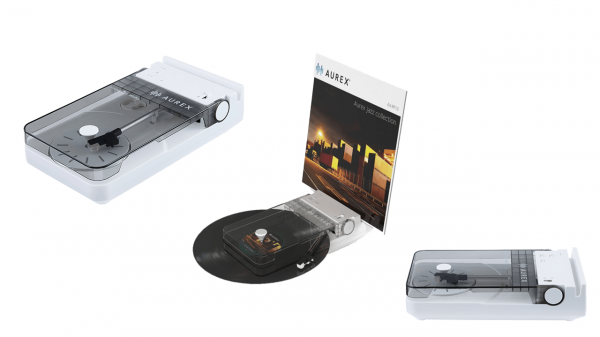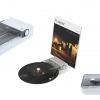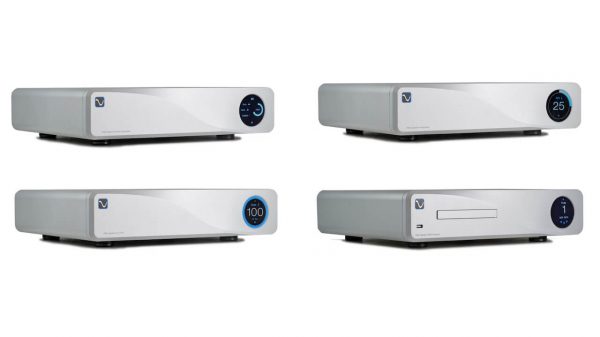International CES, Las Vegas, NV, January 6, 2005–Designed for the smaller, simpler installation, the new G68J from leading British home theatre/audio manufacturer Meridian Audio (Booth #21707, LVCC South Hall 1) makes Meridian’s powerful digital signal processing and decoding available to a wider audience with a significantly lowered cost.
The G68J simply leaves out facilities that are required only in more sophisticated, multi-room systems, such as the multi-zone capability. In addition, the G68J does not handle video signals, leaving these to other components. In a typical system, coupling Meridian’s popular and award-winning G98 DVD-Audio/Video player to the G68J allows the G98’s extensive video inputs and on-board scaling to multiple outputs — including HDMI — to be used to supply video from all sources via a single cable to the display, other video inputs being scaled to match the display characteristics and switched in the player. The G68J also does not include a tuner.
The G68 Surround Controller is a unique, modular, and multi-award-winning THX Ultra2 digital-and-analogue A/V surround preamp-processor. It provides a variety of multichannel inputs including two 6-channel digital inputs, thus accepting Meridian MHR Smart Link signals from compatible Meridian disc players. By upsampling these signals, the G68 offers a dramatic improvement in sound quality from movie and multichannel music recordings. Numerous stereo digital and analogue inputs are also present for audio and AV sources, and balanced-out analogue options are available.
The G68 goes much further, however. Its proprietary Meridian DSP room-correction system counteracts room resonances for outstanding real-world sound, eliminating “muddiness” and dramatically improving stereo and surround imaging. Meridian’s unmatched DSP expertise is reflected in the G68’s remarkable DSP engine, a 5-processor configuration capable of an astonishing 750 MIPS of calculating power. This is used in the fullest range of stereo and surround processing yet created, including THX, Dolby Digital, and DTS modes, plus Ambisonics, MPEG, and Meridian’s widely acclaimed Trifield family of music-surround environments.
The release of the G68J brings the total number of G68 variants to five. The G68D version also does not include video I/O, but provides 10 configurable digital and two analogue outputs, AM/FM RDS/RDBS tuner and multizone/copy audio capability. The G68ADV version includes the tuner, 10 channels of digital out with MHR along with 8 channels of analogue output, full video switching with two S-Video outs, four S-Video ins, two composite outs and four in, plus component out and three component inputs. The included multizone feature also has composite and S-Video capability. The G68AXV replaces the audio outputs described above with six unbalanced and four balanced analogue outputs, while the G68XXV instead provides eight balanced analogue outputs on XLR connectors. The G68J is essentially a G68ADV, but without the tuner, multi-zone capability and video switching.
The G68J is available now, with a US recommended retail price of $6,500.
[Ends: 470 words]
Meridian Audio Limited is based in Huntingdon, near Cambridge, UK, and was founded in 1977 by Allen Boothroyd and Robert Stuart. With a 25-year history of innovation and development of the highest quality consumer audio systems, the award-winning company is widely recognized as a world leader in digital and analogue audio reproduction. Meridian developed the world’s first audiophile CD player, the world’s first consumer digital surround controller, developed the MLP lossless packing systems mandated for use in DVD-Audio, and is the only UK audio hardware manufacturer to be a member of the DVD Forum. The company’s optical disc players, DSP-based loudspeakers and Digital Theatre systems are unique in the industry, maintaining a super-quality digital audio signal throughout the path from the source to the amplifier, and using digital signal processing to generate advanced crossover characteristics that would be impossible with conventional passive analogue systems.























